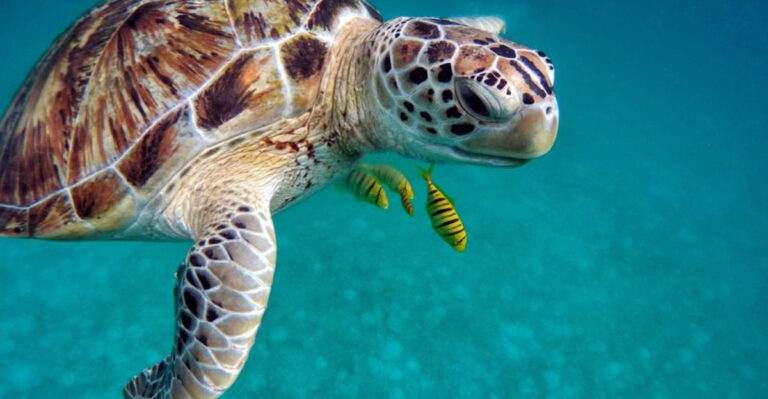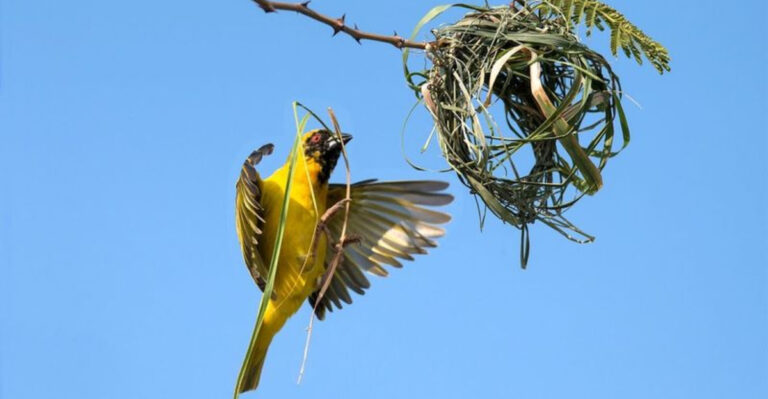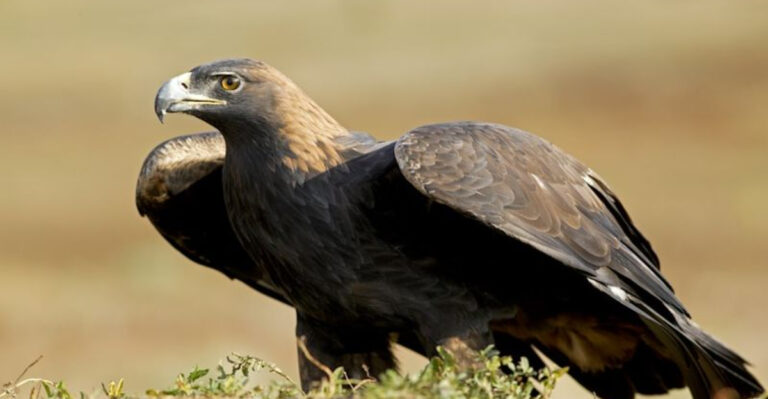15 U.S. States Where It’s Legal To Own Wild Cats As Pets
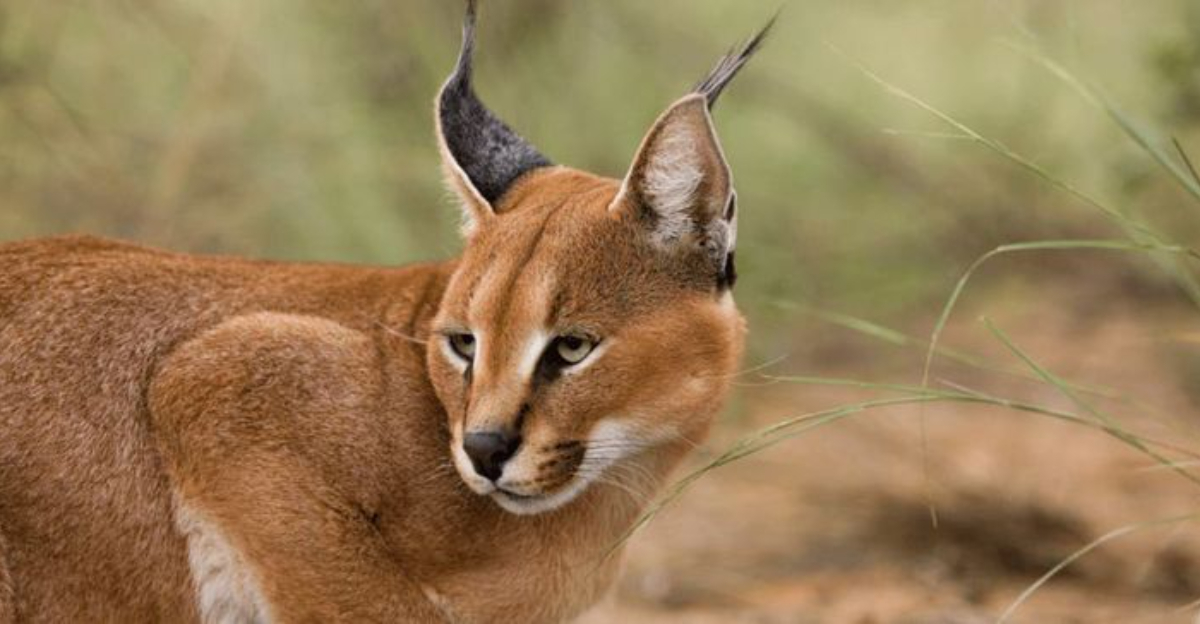
Ever wondered if you could legally own a tiger or lion in your backyard? While most states have strict regulations against keeping exotic felines as pets, some states have surprisingly relaxed laws.
The regulations around wild cat ownership vary dramatically across America, with some states having virtually no restrictions at the state level. Let’s explore which states allow these magnificent creatures to be kept as pets.
1. Alabama
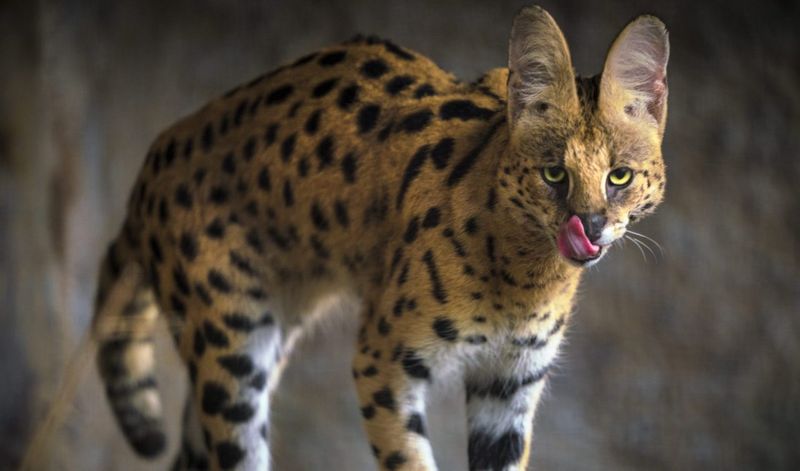
Alabama residents face few hurdles when acquiring exotic cats. The state government hasn’t established overarching laws prohibiting wild cat ownership, creating a haven for exotic animal enthusiasts.
County and city regulations might still apply though, so potential owners should check local ordinances before bringing home that serval or caracal.
2. Nevada
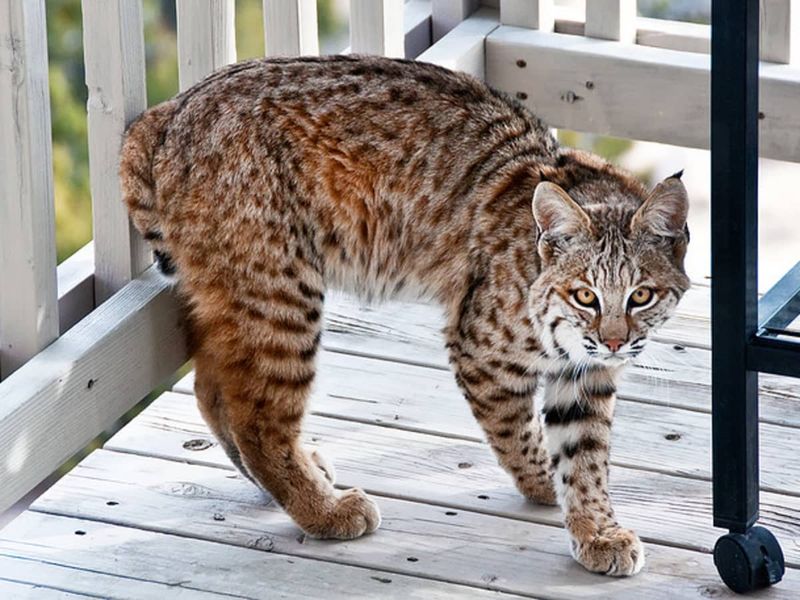
The Silver State maintains a hands-off approach to exotic cat ownership at the state level. This desert paradise attracts many exotic animal enthusiasts seeking refuge from stricter regulations elsewhere.
Las Vegas and other municipalities may enforce their own rules, however. Prospective owners should research carefully, as desert climates present unique challenges for tropical cat species.
3. North Carolina
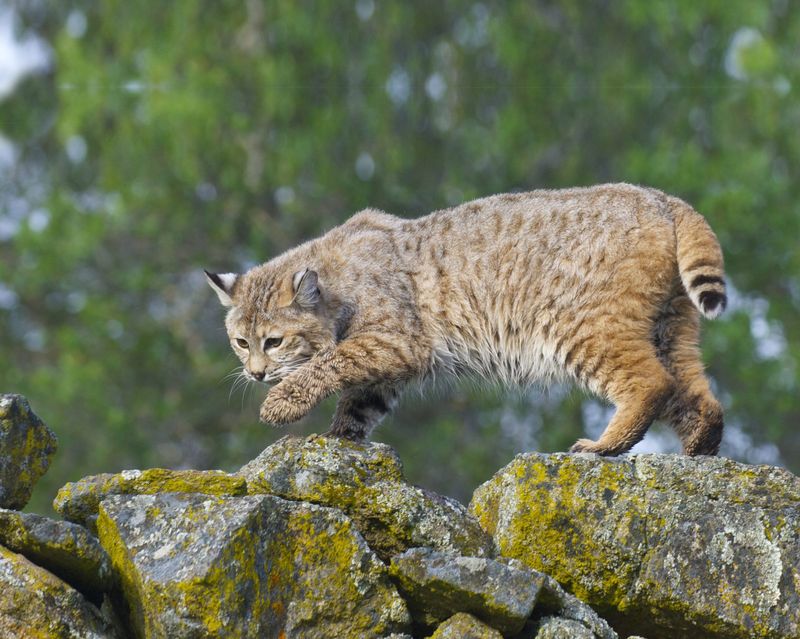
Tar Heel State residents enjoy unusual freedom regarding exotic cat ownership. Without state-level prohibitions, enthusiasts can theoretically keep anything from bobcats to tigers.
Reality check: many counties and cities have enacted their own bans. The humid climate makes North Carolina suitable for many wild cat species that would struggle in drier regions.
4. Wisconsin
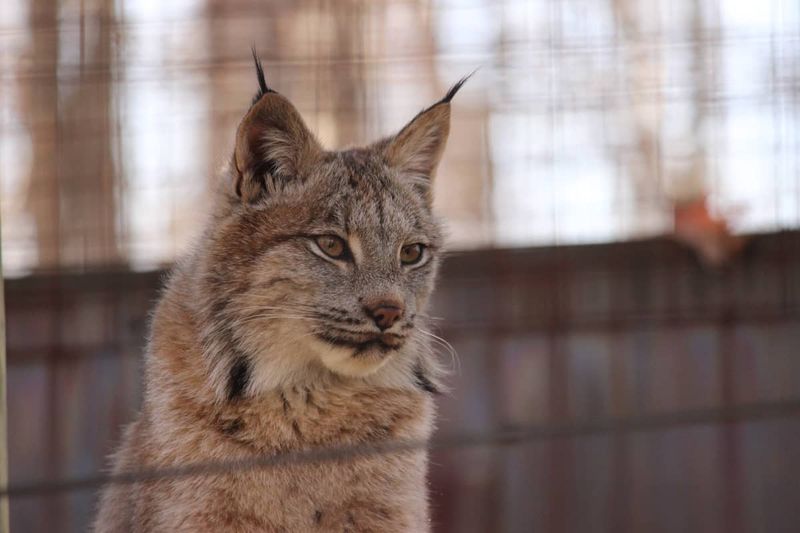
Cheese isn’t the only exotic thing Wisconsin embraces! The state government leaves exotic cat regulation to local authorities, creating a patchwork of rules across the Badger State.
Many rural areas remain unregulated, attracting exotic cat enthusiasts. Wisconsin’s cold winters require special accommodations for tropical species like ocelots, adding significant costs for proper housing.
5. Delaware
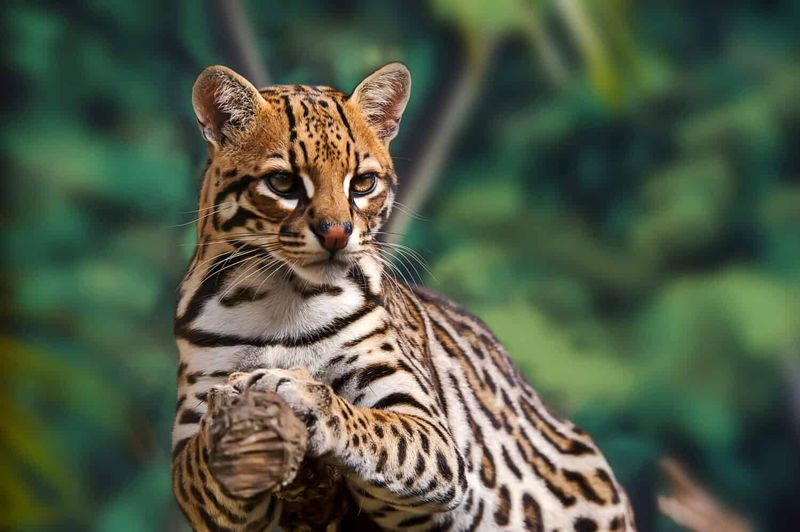
Despite its small size, Delaware offers big opportunities for exotic cat ownership. The Diamond State hasn’t established comprehensive laws restricting wild felines as pets.
Urban areas tend to have stricter local ordinances. Delaware’s coastal location creates a humid climate that works well for jungle cats like margays, though proper housing remains essential regardless of natural climate compatibility.
6. Oklahoma
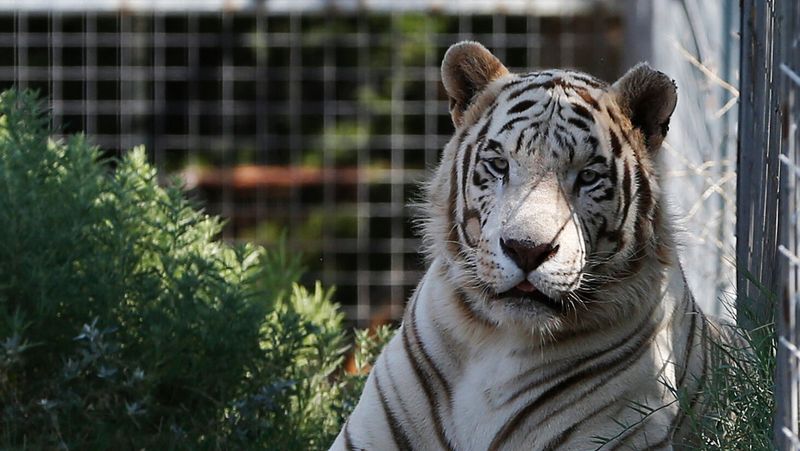
Oklahoma’s wide-open spaces attract exotic cat enthusiasts seeking room for their magnificent pets. The state government maintains a relatively permissive stance on wild cat ownership. Many famous exotic animal owners have established sanctuaries here.
Oklahoma’s varying climate requires thoughtful habitat design, especially during summer heat waves when cooling systems become essential for exotic cat health.
7. South Carolina
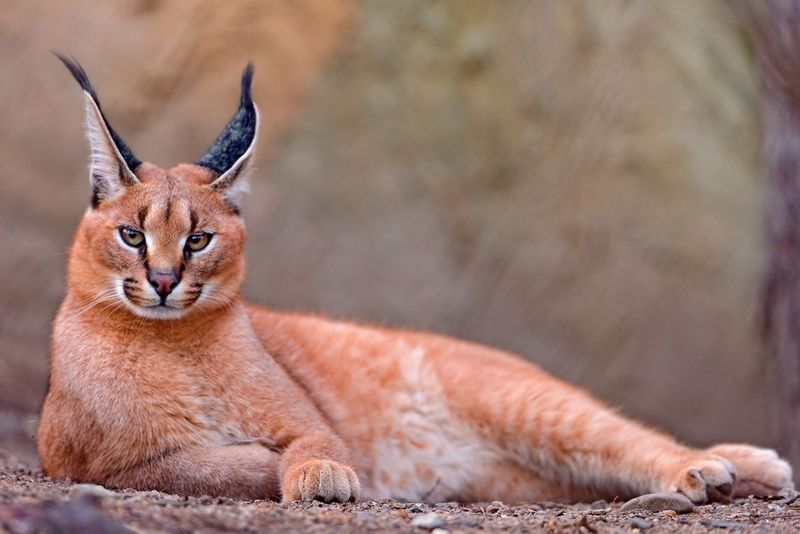
Palmetto State residents enjoy considerable freedom regarding exotic feline companions. Without comprehensive state legislation, South Carolina has become a hotspot for wild cat ownership.
Coastal areas may enforce stricter local rules than inland regions. The state’s warm, humid climate mimics natural habitats for many exotic cats, though hurricane preparations become an essential consideration for responsible owners.
8. Arkansas
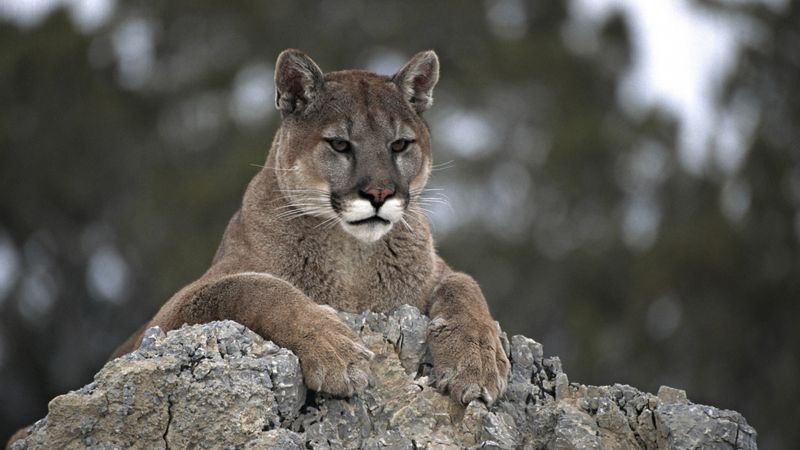
Arkansas offers a surprisingly welcoming environment for exotic cat enthusiasts. The Natural State lacks comprehensive legislation restricting wild cat ownership, creating opportunities for those seeking feline companions beyond domestic breeds.
Rural areas particularly embrace this freedom. Arkansas’s varied terrain and climate can accommodate different wild cat species, though flooding concerns in some regions require elevated enclosures.
9. Georgia
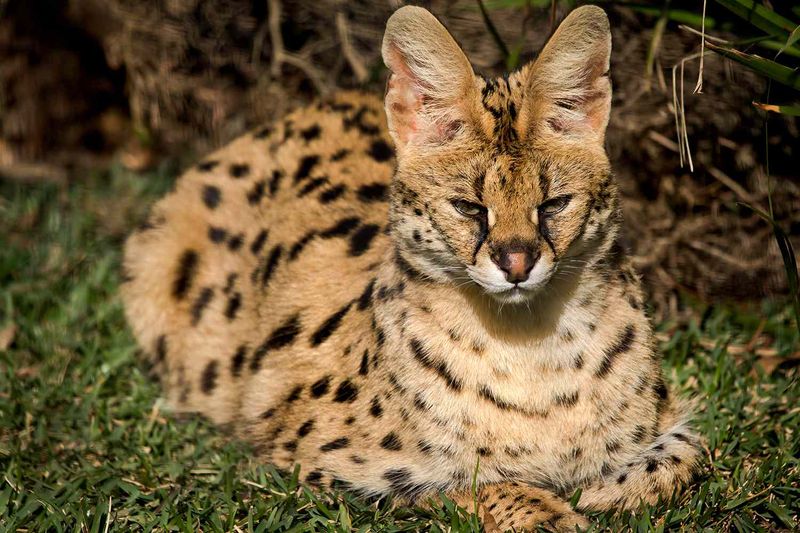
Georgia’s peaches aren’t its only exotic offering! The Peach State maintains relatively open policies regarding wild cat ownership at the state level. Atlanta and other major cities typically enforce stricter local ordinances.
Georgia’s hot, humid summers create special considerations for wild cat owners, necessitating shade, cooling systems, and plenty of water features within enclosures.
10. Mississippi
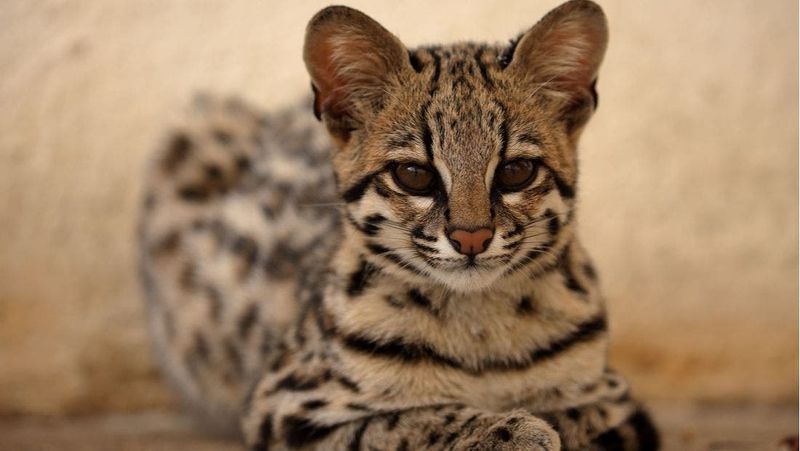
Mississippi’s relaxed stance on exotic animal ownership extends to wild cats. Without state-level prohibitions, residents can legally own everything from servals to tigers, pending local regulations.
The Magnolia State’s rural character provides space for larger enclosures. Mississippi’s flood-prone areas require careful habitat design with elevated platforms and emergency evacuation plans for responsible exotic cat owners.
11. Missouri
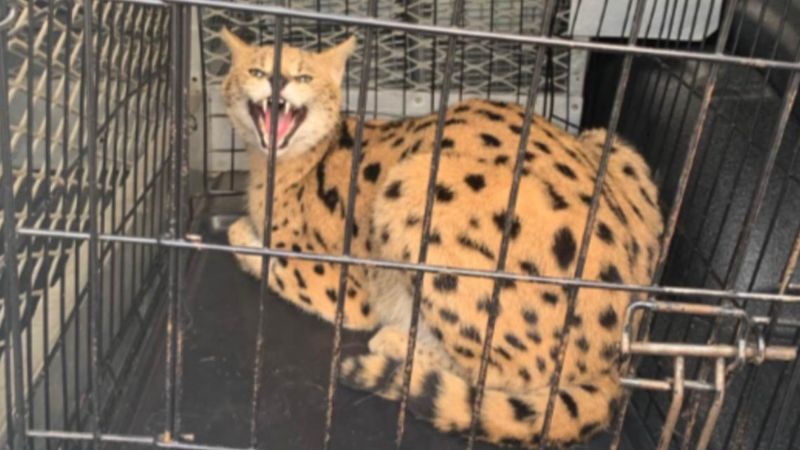
Missouri’s nickname “The Show-Me State” extends to exotic cat ownership – show me your tiger! State law doesn’t prohibit keeping wild cats, though liability insurance requirements may apply for dangerous species.
Rural counties offer fewer restrictions than urban areas. Missouri’s seasonal temperature swings require versatile enclosure designs with both heating and cooling capabilities for exotic cats unaccustomed to such variation.
12. Montana
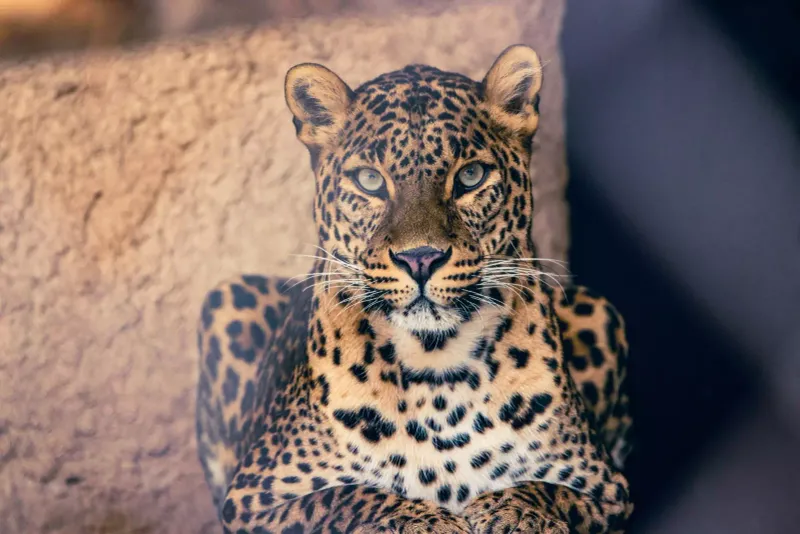
Montana’s vast wilderness spirit extends to its exotic animal laws. Big Sky Country allows wild cat ownership without comprehensive state regulations, attracting those seeking space for large cats. The state’s extreme winters present serious challenges for tropical species.
Proper indoor facilities with extensive heating systems become absolute necessities, dramatically increasing the cost of responsible exotic cat ownership in this northern state.
13. Nebraska
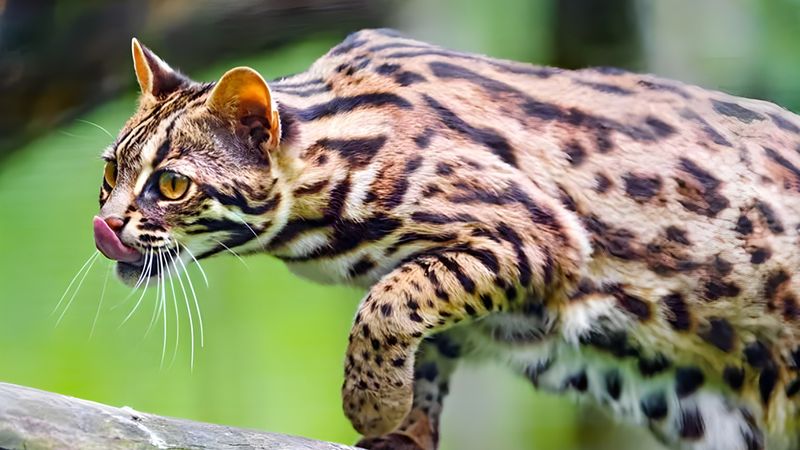
Nebraska’s cornfields might conceal more exotic residents than you’d expect! The state government hasn’t established comprehensive bans on wild cat ownership. Lincoln and Omaha enforce stricter local ordinances than rural areas.
Nebraska’s extreme temperature variations between seasons require sophisticated enclosure designs with both heating and cooling systems, particularly for tropical cat species.
14. North Dakota
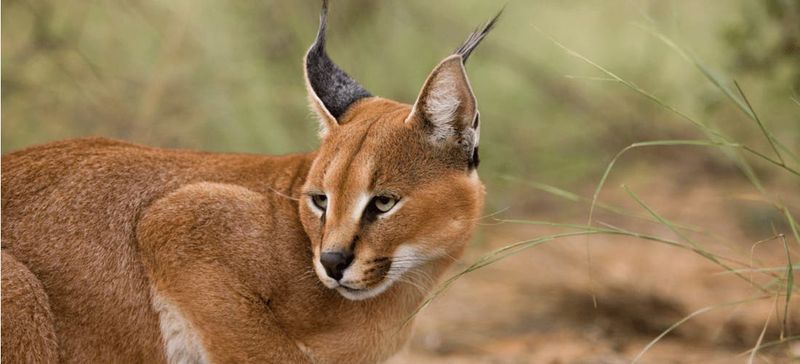
North Dakota’s frontier spirit includes freedom regarding exotic cat ownership. The Peace Garden State lacks comprehensive legislation prohibiting wild felines as pets, creating opportunities for enthusiasts. The harsh winter climate presents significant challenges.
Indoor facilities with extensive heating become mandatory for most exotic cat species, substantially increasing costs and complexity for responsible ownership in this northern state.
15. South Dakota
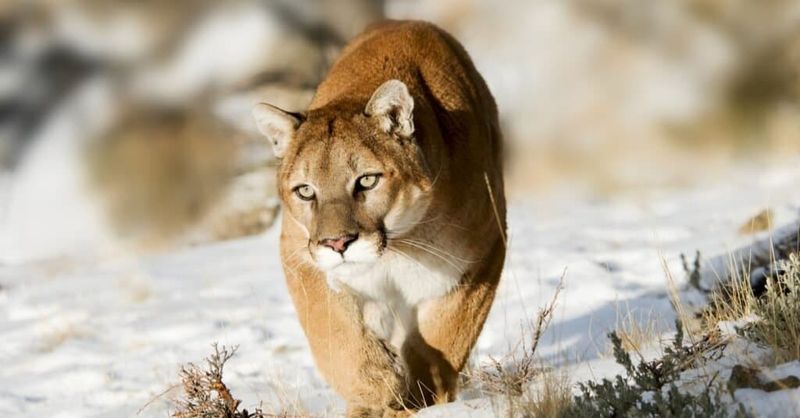
Mount Rushmore State residents enjoy considerable freedom regarding exotic pets. South Dakota’s minimal state-level restrictions on wild cat ownership attract enthusiasts seeking fewer regulations. Rural areas particularly embrace this liberty.
The state’s extreme seasonal temperature swings require sophisticated enclosure designs with both heating and cooling capabilities, especially for species not evolved for such dramatic climate variations.

